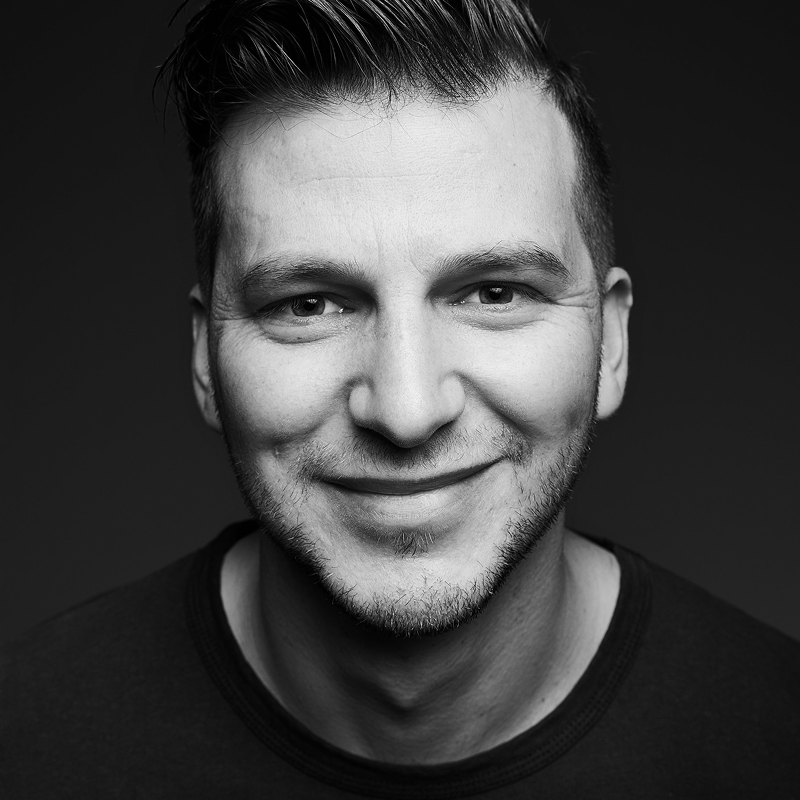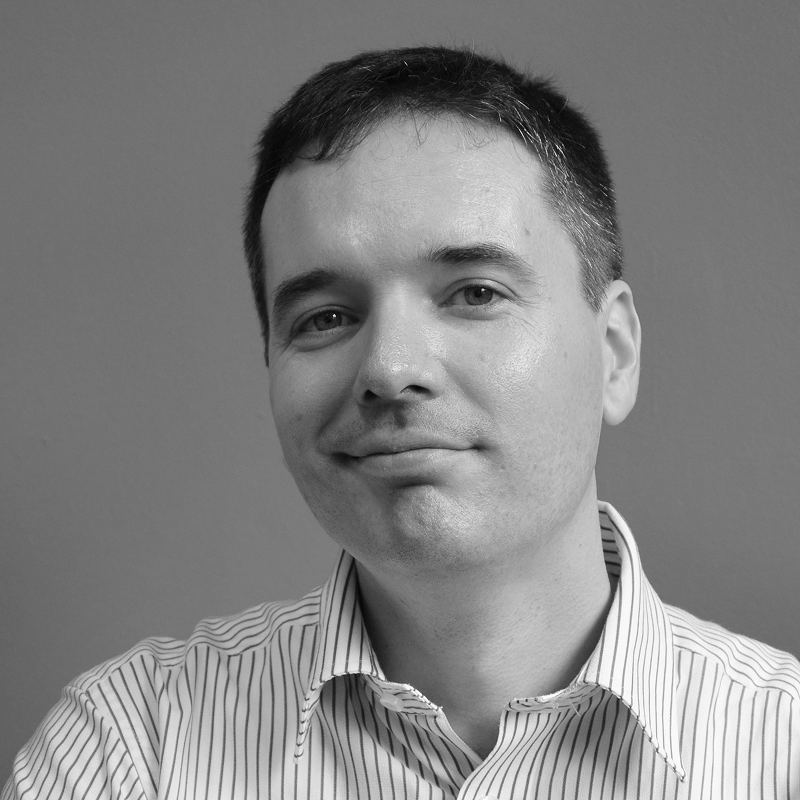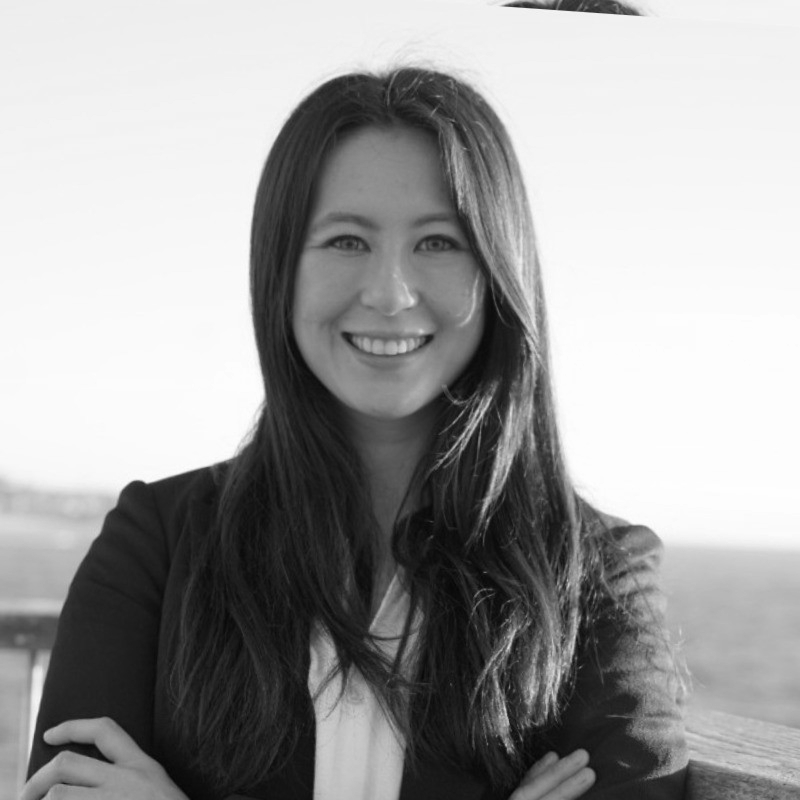
ASKING FOR A FRIEND
Can you be both a creative person and a total sales savage?
ASKING FOR A FRIEND - QUESTION
Can you be both a creative and a total sales savage? Executive Creative Director Shane Geffen and psychologist Ben Searle say yes — but not in the way you might think. In this honest, practical conversation hosted by Never Not Creative’s Rebecca Jones-Bateman, they unpack how to sell creative work without compromising your integrity. From storytelling and self-belief to long-term trust-building, this is your permission slip to ditch the sleaze and sell from the heart.
Short answer? Yes. Longer answer? Only if you redefine what “sales savage” actually means.
Because for many creatives, the idea of selling anything — especially their own work — feels a bit like flossing in public. Awkward. A bit gross. And completely at odds with the values that led you into a creative career in the first place.
But here’s the truth: every creative job has a sales component. Whether you're pitching to clients, presenting to stakeholders, or simply trying to get buy-in from your team, you're selling ideas. The question isn’t if you need sales skills — it’s how you develop them without turning into someone you wouldn’t want to sit next to at a dinner party.
This conversation brought together Shane Geffen — Executive Creative Director at HERO/McCann Melbourne, who’s sold big ideas to even bigger brands — and Ben Searle, an organisational psychologist who had to learn sales the hard way: by going solo. Hosted by Rebecca Jones-Bateman of Never Not Creative, the conversation unpacks how to sell your work without selling out.
The stereotype problem
Let’s start with the elephant in the boardroom — the cringe factor.
Shane names it straight away:
"When I think of a salesperson I think of some sleazy used car salesman who's going to try and rip me off but maybe that's just a stereotype."
Unfortunately, it’s a stereotype rooted in truth.
"There's a survey done I think it was ad news or B&T but it was the most trusted professions in Australia and I think Communications and advertising were I think the second lowest on the list."
Ouch. But just because that’s the perception, doesn’t mean we have to play into it.
"A lot of people don't want to be sold stuff you know they don't want to be told buy this or do that. We are in the business of selling ideas to people and often that is a hard sell and it's what we get paid to do."
So if selling is part of the job, how do we do it without the slime?
Selling with belief, not bravado
Here’s where things get more interesting — and more honest.
"For me it comes down to if you really believe in the product or the idea or the campaign or the design or whatever you created you really believe in it... if I sell it with honesty and conviction and I speak from the heart that something you can't fake."
What Shane’s describing isn’t a pitch — it’s advocacy.
"I think that's the part that helps with selling if you sell it from a place of honesty and from the heart I think you can do it without coming across this you know I'm just selling something I think it's doing it with conviction and honesty and integrity."
He even references one of the best pitch scenes in TV history:
"Even if you Google Don Draper the carousel there's a scene where he's selling an old Kodak projector machine and he does it with such like Beauty and Nostalgia."
The takeaway? The best salespeople aren’t the loudest — they’re the ones who care the most.
Storytelling > selling
Instead of pushing people to buy, Shane suggests sharing stories.
"Sometimes it's sometimes doing less of a Hard Sell and just speaking honestly and openly and truthfully about their product weaving a personal story of you know why you think it's important to you or why you like it personally."
And that kind of honesty is contagious:
"It's always good to back it up with data but also you know what's the human elements of that and sometimes it's I think people can it's infectious if you really are into something people know they can they can sense it they can just feel that like that aura and that energy and I think that in itself you 50% of the way if they can feel that you're being genuine and open and honest that you're almost there."
You don’t need a “closing technique.” You need to mean it.
A psychologist’s take: sales without the pitch
Ben came into sales sideways — by necessity, not choice.
"I never really had to sell anything until a few years ago when I started to work for myself and I still don't really have a polished sales pitch for any of the services that I offer to clients."
And guess what? That worked.
"When I meet prospective clients I ask them questions I listen and then I share my knowledge I describe my experiences with the kind of work that I do I suggest actions that I think will help them achieve their objectives."
In other words, he’s just… helpful.
"When I'm going to buy something expensive that's really what I'm looking for I'm not looking for a polished sales pitch for a lot of situations I'm looking for someone who can share their knowledge."
Build trust, not pressure
Ben’s approach centres on relationship-building, not convincing.
"Making a sale depends on demonstrating your capability and building a relationship."
And sometimes, that even means walking away.
"I try to be helpful even to the point of advising prospective clients against costly options that I don't think they need because not only does it seem to me like the right thing to do with the work that I do it's essential that the clients trust me."
That’s how you stop being a vendor and start being a partner:
"I want to be the person that they trust to make some decisions without having to check in all the time I want to be the person they come back to the next time they need this kind of work done."
At its best, selling is just about being trusted enough to be invited back.
Yes, you can be both
So — can you be a creative and a “sales savage”? Absolutely. But it’s not about pressure, polish, or pretending to be someone you’re not. It’s about showing up with integrity, caring deeply about your work, and learning how to communicate that clearly and honestly to someone else.
As Ben puts it:
"If you're enthusiastic about something if you have skills then just being honest and open about those and being willing to share them is a great way to build a relationship with someone which is what a lot of this is about."
Creativity is powerful. But creativity plus conviction? That’s where the real magic happens.
our guests
Industry Leader

Shane Geffen
HERE / McCann
Mental Health Expert

Ben Searle
Host

